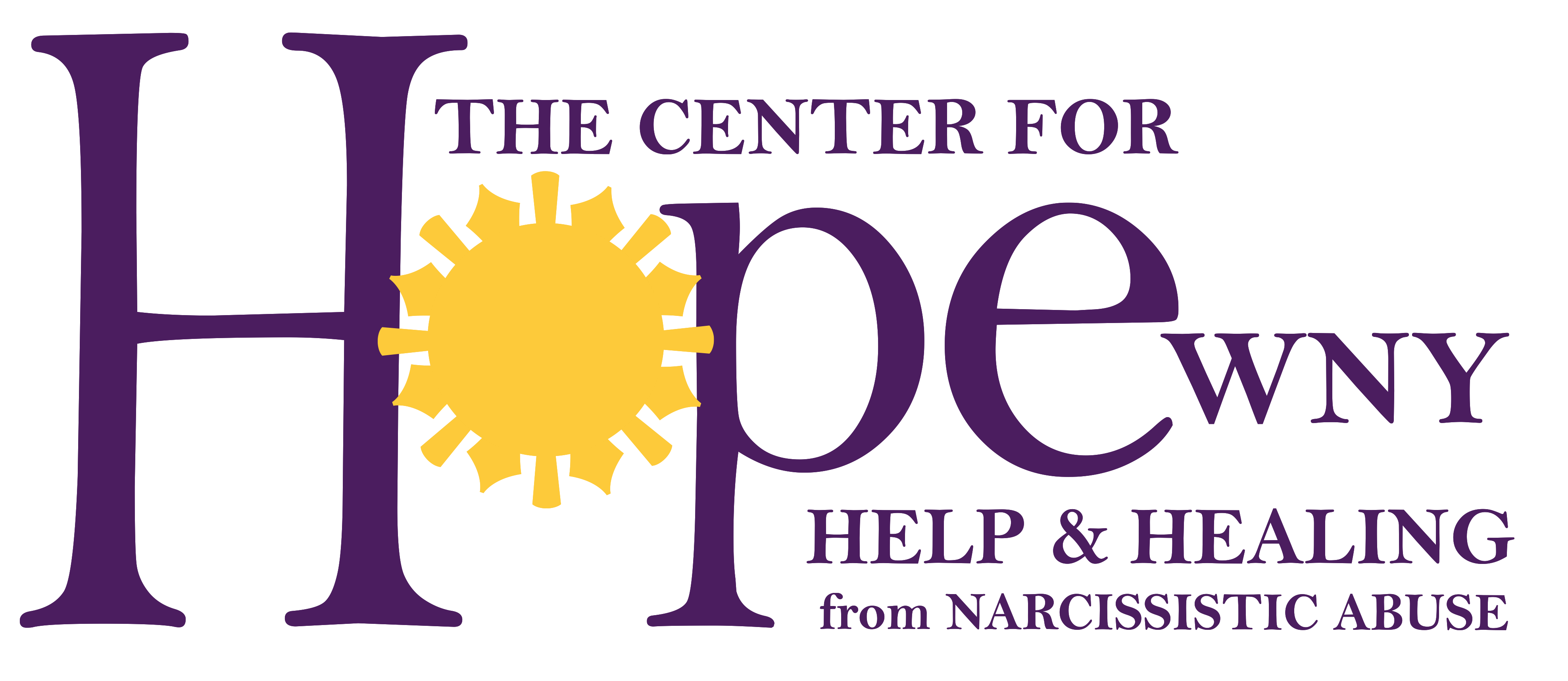- Hope, Help & Healing from Narcissistic Abuse
- 716.955.9658
- info@centerforhopewny.org

Recognizing my Narcissist in his Natural Habitat
If a scientist was conducting naturalistic observation of a narcissist in their natural habitat, what might that look like? Sort of like that old tv show on Sunday night – Mutual of Omaha’s Wild Kingdom. Naturalistic observation is a method of observing people in their normal environment. Perhaps a scientist might observe a narcissist having dinner in a restaurant, even better at his private club as he is a very important person. The narcissist’s girlfriend has arrived first and been seated wherever the hostess took her. Upon entering the dining room, the narcissist is already angered by the poor seating location. It is not the optimum place to see and be seen. He is visibly angry upon greeting her. To further upset him, the server that approaches the table is his least favorite. He orders his usual as staff should be aware as he is a very important person. The server asks for clarification as she is not aware of his usual. This only upsets him more. The narcissist does not make small talk well with the girlfriend. He stares out the window while she speaks or at other diners. She tries to engage him but he is not interested. When the country club manager approaches the table, the narcissist turns on the charisma and he is charming and friendly. He informs the manager that this server always gets his order wrong. She needs to be watched! The girlfriend then tells the narcissist in a different, serious voice that she is concerned about her last EKG and her doctor wants her to see a cardiologist. She confides in the narcissist that she is scared. The narcissist replies that he knows, his back is killing him too. He cannot express empathy, he has no ability. From this naturalistic observation, the scientist concludes that the narcissist needs to be recognized, needs to be important, needs to be fawned over but cannot reciprocate. The narcissist cannot provide support, interest, engagement or empathy. The relationship must be very difficult to sustain.
I wrote about this in my book “Wrecking Ball Relationships: How to Identify, Live With or Leave the Narcissist in Your Life.”
“Narcissists all share some basic characteristics. They must always be the most important person in the room and their needs must come first. They rarely ask open-ended questions as they don’t care about the answer. They love when you ask questions about themselves.
As I looked for answers, trying to figure out what was happening in my life, I looked up many personality disorders in the DSM-V. It wasn’t until I read the symptoms and characteristics of narcissistic personality disorderNarcissistic Personality Disorder (NPD) The hallmarks of narcissistic personality disorder (NPD) are grandiosity, a lack of empathy for other people, and More, did I realize my father had a serious problem. Consequently, I realized I had a serious problem.
It’s essential to remember although these people have big personalities, demand attention and entitlementNarcissistic Entitlement refers to a belief that one’s importance, superiority, or uniqueness should result in getting More in arrogant ways, they’re deeply flawed, shameful people with poor self-esteem. Their thin veneer of confidence is an elaborate ruse to convince the world they’re the smartest and the best.
After years of emotional abuseEmotional Abuse is an attempt to control, in just the same way that physical abuse is More, it’s difficult for me to have much sympathy for my father. However, I see the cracks in the foundation of his personality. I also see the roots of his low self-esteem. This helped me devise coping skills so I could not only survive our relationship but also live a happy, functional, and fulfilling life.
Walking on eggshells with narcissists is no longer how I choose to live. In fact, now I spend as little time as possible with the narcissist in my life after years of emotional abuseEmotional Abuse is an attempt to control, in just the same way that physical abuse is More.”
Signs of Narcissism
Sense of EntitlementNarcissistic Entitlement refers to a belief that one’s importance, superiority, or uniqueness should result in getting More
Need for Admiration
Lack of Empathy
Arrogance or Haughty Behavior
Disproportionate self-concern and self-centeredness
Extreme Sensitivity to criticism
Difficulties in most relationships
Lack of emotional regulation
Preoccupation with appearance, success, fame
Remember, how you feel around people is a good indicator as to whether they are toxic to you.
Don’t expect them to change. They are less likely as they need to both be aware of who they are and want to change in order to ask for help. You will need to change. I help women and men learn to change their perspective and change their approach when they have a relationship with a narcissist.
The sooner a problem is identified, the sooner a course can be charted designing a solution or remedy for yourself; whether you decide to learn coping mechanisms and stay or, cut and run. The better educated you are about the problem, the easier it will be to figure out what to do. Unfortunately, with narcissists, you must always keep your guard up, be on defense, hyper-aware of every word exchanged. This often makes the relationship feel like a chess game.
This hurt will bleed into other aspects of your life until you work through it. You need to talk to someone. But not just anyone. Someone who gets it. I get it.
You see, I didn’t get here by accident. I didn’t set out to become a narcissistic abuse recovery coach. But after I’d suffered this kind of abuse, I realized that my story and my experience could help so many people who’ve suffered similarly.
Often, we stay in these cycles of abuse because we don’t believe we deserve something better. I kept trying to make our relationship work, but he didn’t want me in his life. It took me a long time to understand that I deserved better.
You deserve better, too.
If you’re ready to change how you think,
If you’re ready to change how you feel,
If you’re ready to change your path,
https://www.lynncatalano.com/wrecking-ball-warriors
Check out The Narcissist Slayers podcast where I cohost here. https://www.youtube.com/@TheNarcissistSlayers
You can find my book “Wrecking Ball Relationships” on Amazon, BarnesandNoble.com, and lynncatalano.com.



